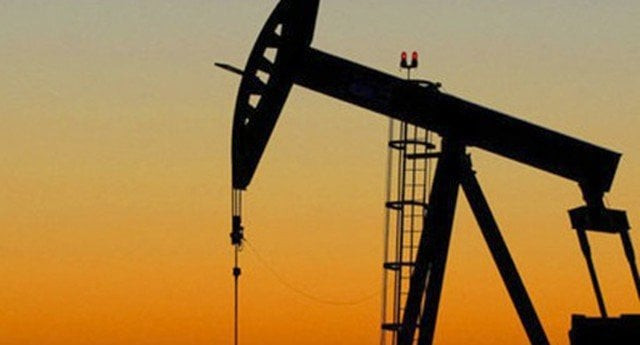Rampant commodity speculation
If govt does not intervene in market, it will lead to unfettered capitalism

The print and electronic media is highlighting the upward revision in prices of petroleum products by mentioning that the current level of prices has set a record.
Some commentators are of the opinion that the prices may cross Rs200 per litre in the days to come, which implies that many people are bullish about them. When prices are going up, the people tend to think that they will increase further.
International crude oil prices are hovering around $93 per barrel and commentators are of the opinion that they will touch $120, which also reflects the general mood of people.
In the absence of international buffer stock, there could be wild swings in market prices of commodities. Any unforeseen event may create volatility in prices.
The current standoff between Russia and Ukraine turns out to be an unforeseen event, which has played a pivotal role in jacking up the international crude oil prices.
Whenever there was a political confrontation among oil producing countries, the crude oil prices had got an escalation.
Under the emerging situation, the United States can use its strategic oil reserves to stabilise the crude oil prices as these reserves act as a buffer.
Advanced economies partly pass on the impact to their masses and partly absorb these price escalations. However, the developing economies face the music.
Apart from this unforeseen event, the policy rate is in the range of 0% to 0.25%, which also contributes to higher commodity prices.
Usually, the central banks lower the policy rate to revive investment in the economy. Therefore, the Federal Reserve introduced this target range in 2020 to counter the impending recession and has stuck to that range since then.
The unintended consequence of this policy is asset price inflation. There is acceleration in prices across all asset classes – stocks, real estate, gold and even commodities.
Earlier, the Fed adopted the zero interest rate policy to counter recession (2008-09) and kept the policy rate on hold for many years, which translated into accelerated prices of commodities.
Prices of all commodities almost doubled in a couple of years. With the increase in policy rate, the commodity prices did slide during 2016-18.
There is anticipation that the Fed will increase the policy rate in the coming months, which will slightly slow down the acceleration in commodity prices.
Policymakers in developing countries may act to absorb the current rising tide of commodity inflation to ease the pain for the masses.
Similarly, the policymakers in Pakistan may partly absorb the current price escalation through subsidy. The accounting mentality in the policy circles will resist any subsidy by arguing that budget books will be affected a great deal.
Politicians normally buy this argument. However, an astute politician will recognise the importance of subsidy and look for possible options to provide relief for the masses.
Under the emerging situation, the official position in Pakistan is that inflation has become a global phenomenon as it cites the statistics of advanced countries.
Governments in advanced economies can absorb the accelerated prices through subsidies. In developing countries, the political governments try to tame the accelerated prices by discouraging speculation in asset classes. On this basis, they could clamp down on the speculators.
In short, commodity speculation is rampant across the world in a low interest rate environment. In the absence of international buffer stock, the policymakers in developing countries can administer prices to favour the masses.
If a government does not intervene in the market, it will lead to unfettered capitalism. Is the unfettered capitalism beneficial for economic development? We leave this question to ponder over.
The writer is the Assistant Professor of Economics at SDSB, Lahore University of Management Sciences (LUMS)
Published in The Express Tribune, February 21st, 2022.
Like Business on Facebook, follow @TribuneBiz on Twitter to stay informed and join in the conversation.


















COMMENTS
Comments are moderated and generally will be posted if they are on-topic and not abusive.
For more information, please see our Comments FAQ